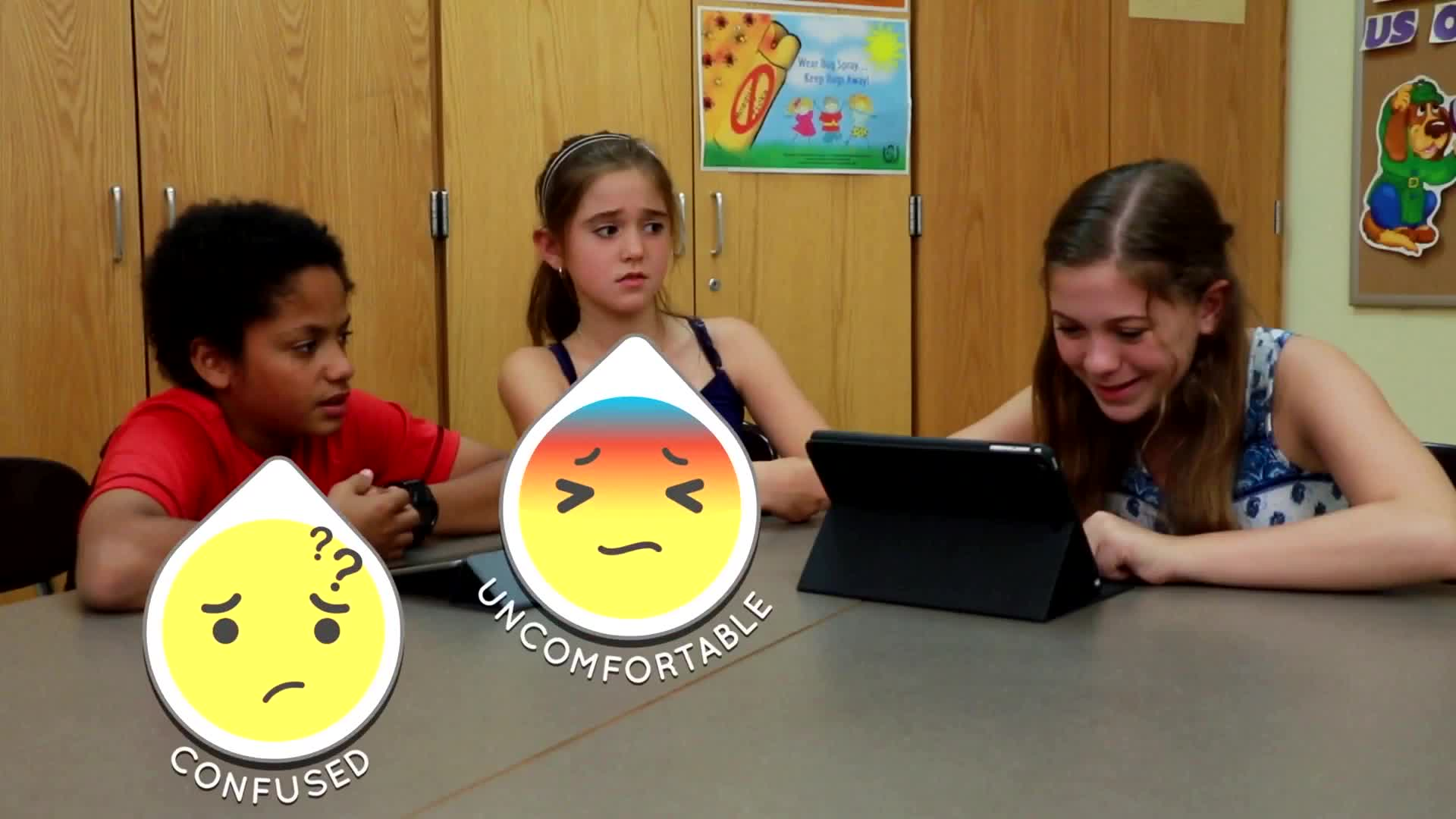When children feel nervous or excited, they might use a silly voice to express themselves. While this may feel good to the child, it can make others feel uncomfortable or confused. As educators, it’s essential to teach students when it’s appropriate to use silly voices and how to navigate social situations effectively. This blog post explores an easy-to-implement activity and discussion questions to help students improve their communication skills, particularly in situations where they might feel inclined to use a silly voice.
No-Prep Activity: Silly Voice Scenario Role-Play
This no-prep activity helps students understand the impact of using silly voices in different social situations. To conduct this activity, follow these steps:
- Divide the students into small groups or pairs.
- Provide each group with a scenario where someone might use a silly voice (e.g., talking to friends, presenting in front of the class, or speaking to a teacher).
- Ask the students to role-play the scenario, with one student using a silly voice while the others react to it.
- After each role-play, have a brief discussion with the group about how the silly voice affected the situation and how they felt as a result.
- Encourage the students to practice the same scenario again, this time using their regular speaking voice, and discuss the difference in their feelings and the situation’s outcome.
Discussion Questions
Use these questions to stimulate further discussion among the students about using silly voices and navigating social situations effectively:
- How did you feel when someone used a silly voice in the role-play? Did it make you feel uncomfortable or confused?
- Can you think of a time when you used a silly voice and it affected the way others reacted to you? How did that make you feel?
- What are some strategies you can use to control your feelings and communicate more effectively when you feel excited or nervous?
- Why is it essential to be aware of the impact your actions, such as using a silly voice, have on others?
- How can you determine if a situation is appropriate for using a silly voice or not?
Related Skills
Teaching students to navigate their use of silly voices in social situations is just one aspect of developing effective communication skills. Other related skills that educators can focus on include:
- Active listening
- Empathy
- Nonverbal communication
- Conflict resolution
- Assertiveness
Next Steps
Helping students understand the impact of using silly voices and teaching them to navigate social situations effectively is an essential aspect of their overall development. To access more resources and activities designed to improve students’ communication skills, sign up for free sample materials from Everyday Speech.






